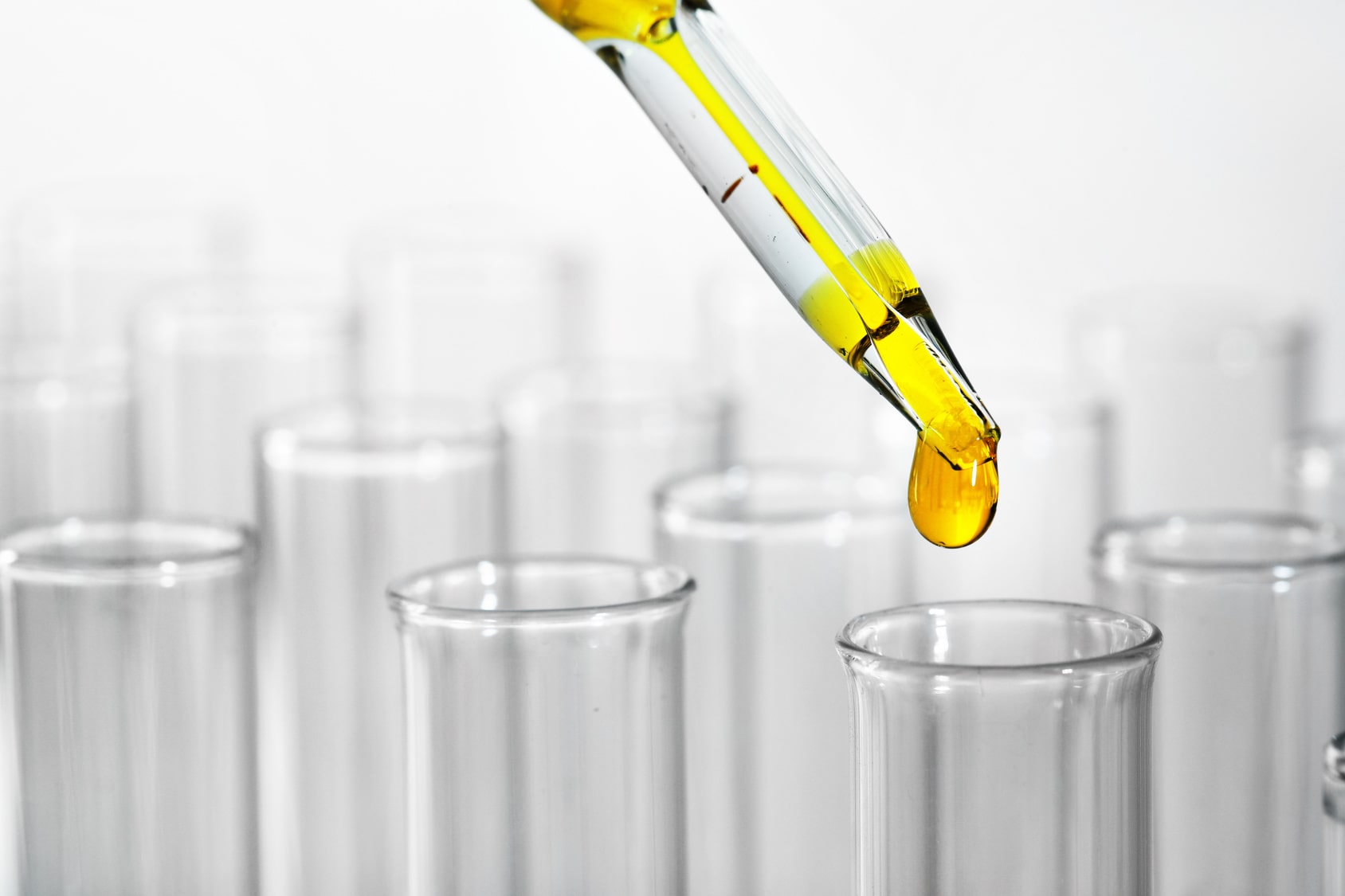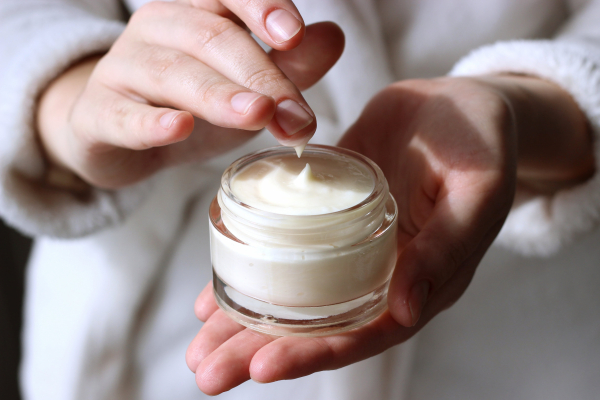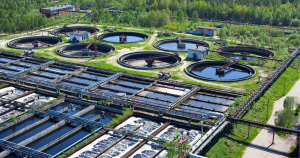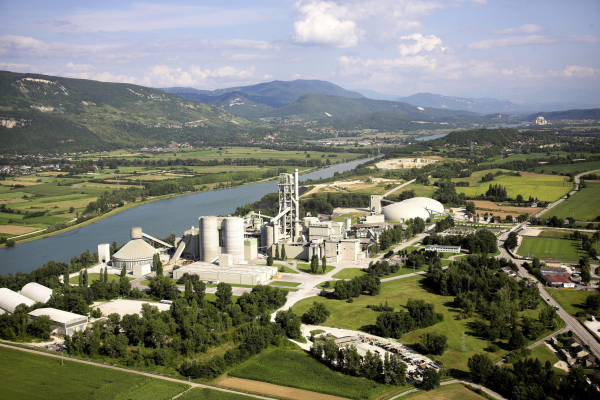Ecotoxicity and biodegradation specialists from Capacités were selected for their Expertise on non-ready biodegradable chemicals. The client asked them to study the ecotoxic properties of a new polymer.
The experts physiochemically characterized the polymer to determine the operating conditions to conduct optimized ecotoxicological trials. For this, they studied its composition as well as solubilization and volatilization properties.
Following this pre-study, they measured the polymer’s toxicity and biodegradability in the two environments where the polymer is released at its end of life: seawater and activated sludge. They gained understanding both on its ready and inherent biodegradation properties during this study. The byproducts released by its partial biodegradation erase were also analyzed for safety.
To successfully complete this project, the Capacités’ experts benefited from support and technical equipment from the GEPEA, joint research unit of Université de Nantes, Oniris, IMT Atlantique and CNRS (The French National Centre for Scientific Research).




